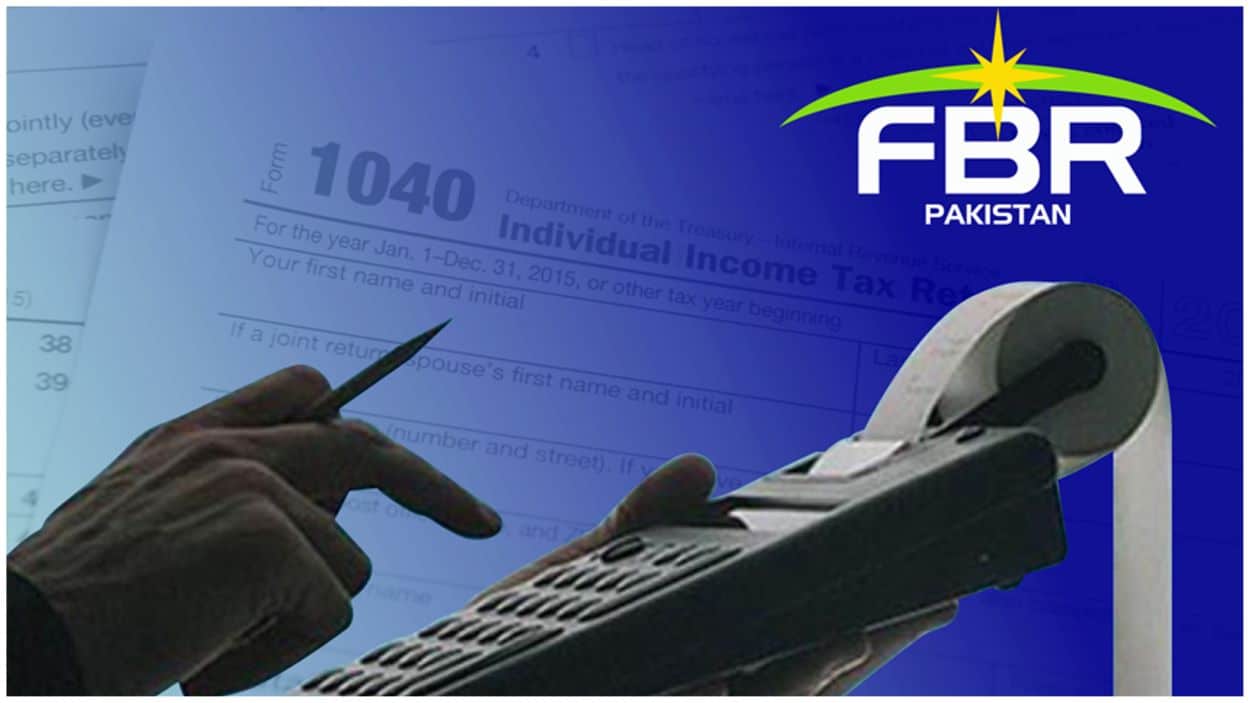Stringent measures have been implemented against non-filers in the fiscal year’s budget 2024 -25, as affirmed by members of the Senate Standing Committee on Finance.
The committee, chaired by Senator Salim Mandviwala and with Finance Minister Muhammad Aurangzeb in attendance, discussed proposals, including a ban on non-filers purchasing vehicles and properties.
Minister Aurangzeb outlined the necessity of increasing taxes on higher incomes and articulated the need to eradicate the category of non-filers. He highlighted that individuals lacking a National Tax Number (NTN) would be restricted from international travel to cities like London, Paris, and Thailand. However, exceptions would be made for Umrah and Hajj.
The discussions revealed that 80% of purchasers in certain industries are non-filers, which poses significant challenges, particularly in the export sector under the standard tax regime. The Prime Minister has decided to close the project in response to corruption within the Public Works Department (PWD). Minister Aurangzeb stressed the importance of expanding the tax base, emphasizing that a tax-to-GDP ratio of merely 9.5% is insufficient for the country’s needs, and announced the upcoming end-to-end digitalization of the taxation process.
The debate also discussed the need for tax policy reforms in various sectors. Senator Mohsin Aziz advocated for restricting non-filers from purchasing vehicles and houses. At the same time, Senator Faisal Vawda called for making filing status mandatory for religious travels and maintaining tax exemptions on electric vehicles. Senator Anusha Rehman argued for reduced taxation on mobile phones to encourage their usage, indirectly contributing to tax revenue.
Minister Aurangzeb confirmed plans to integrate 31,000 retailers from six major cities into the tax net starting in July, acknowledging that the national debt’s interest payments currently exceed tax revenues. He shared that smartphone manufacturing has started domestically, suggesting that reducing government involvement in already devolved sectors could be beneficial.
He also noted the allocation of 593 billion rupees for the welfare of the poor, aiming to provide them with training and education. The tax rates for salaried individuals and business income are 35% and 45%, respectively. The Federal Board of Revenue (FBR) faces an annual tax leakage of between 6,000 to 7,000 billion rupees, necessitating the full implementation of a new Track and Trace system.






